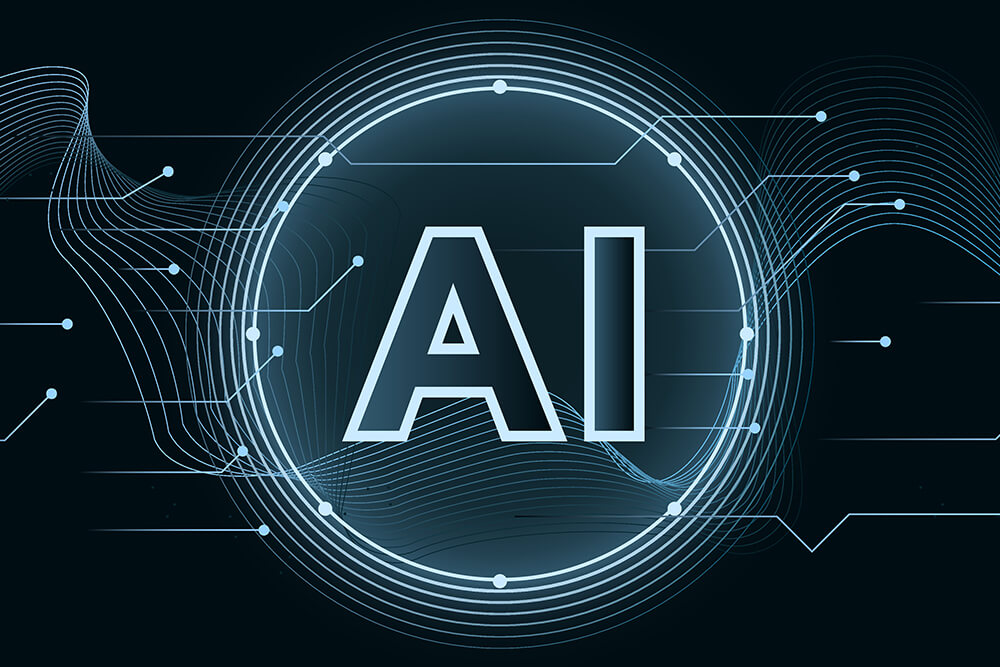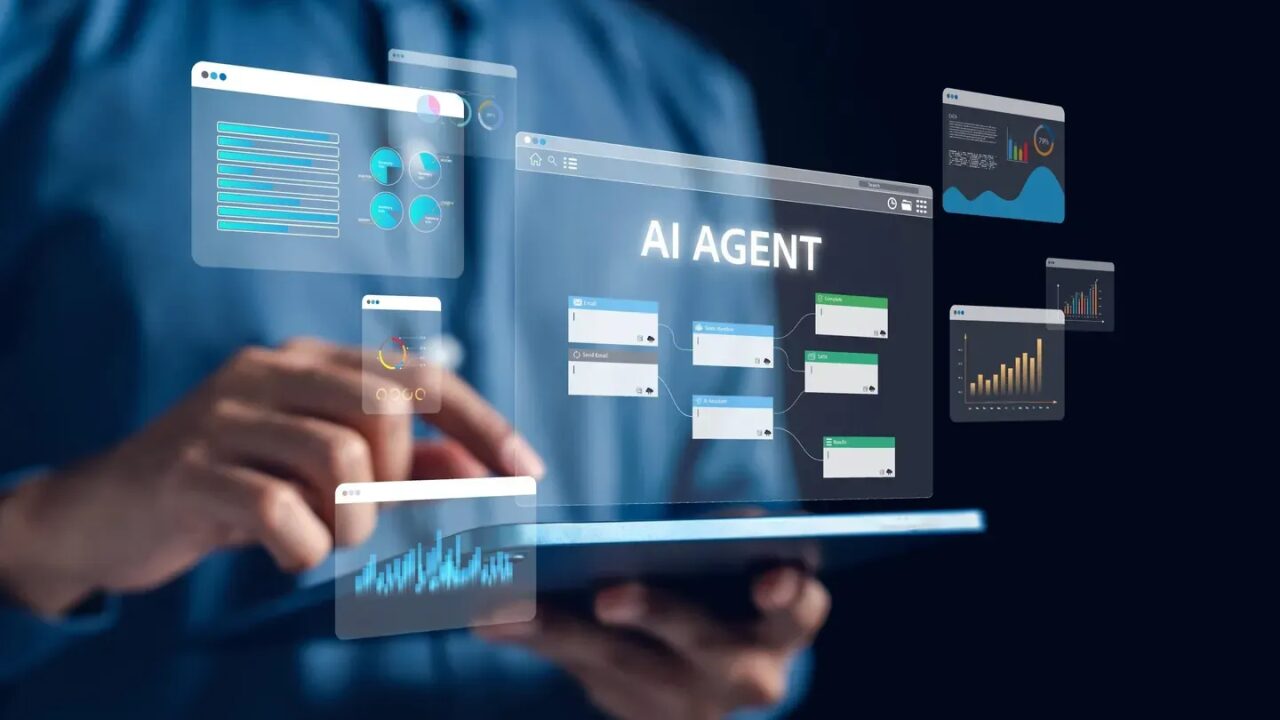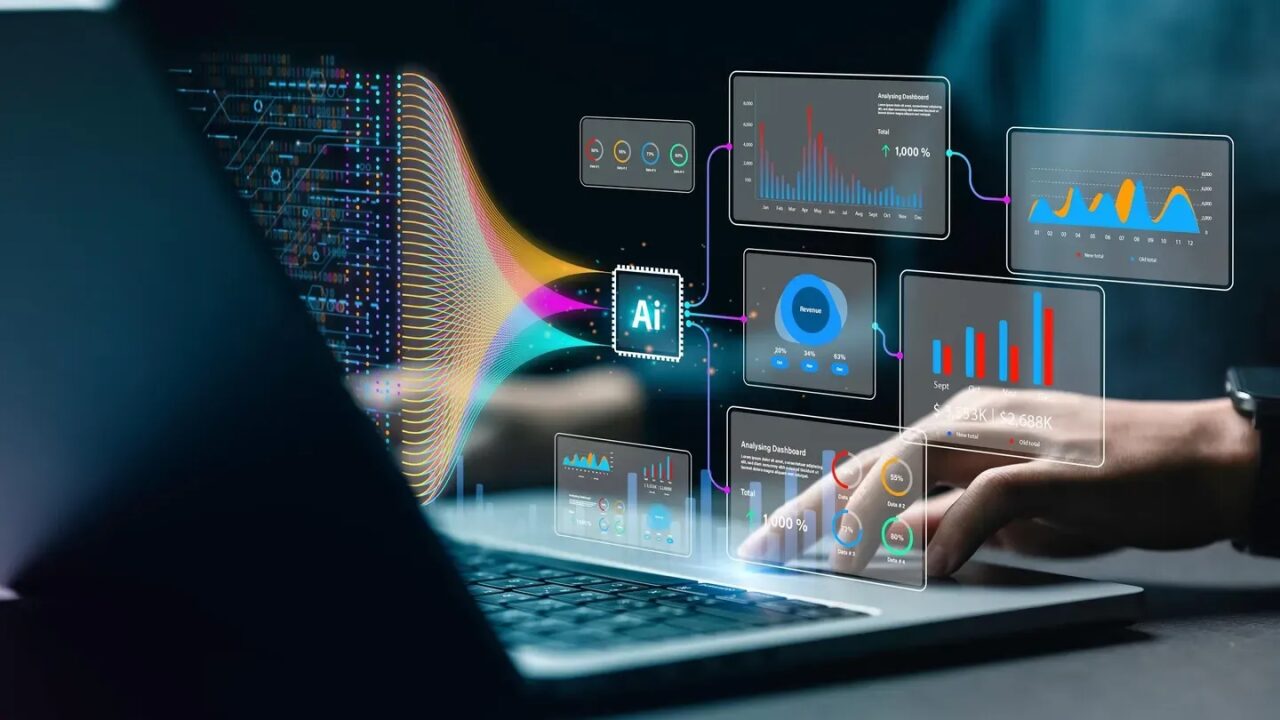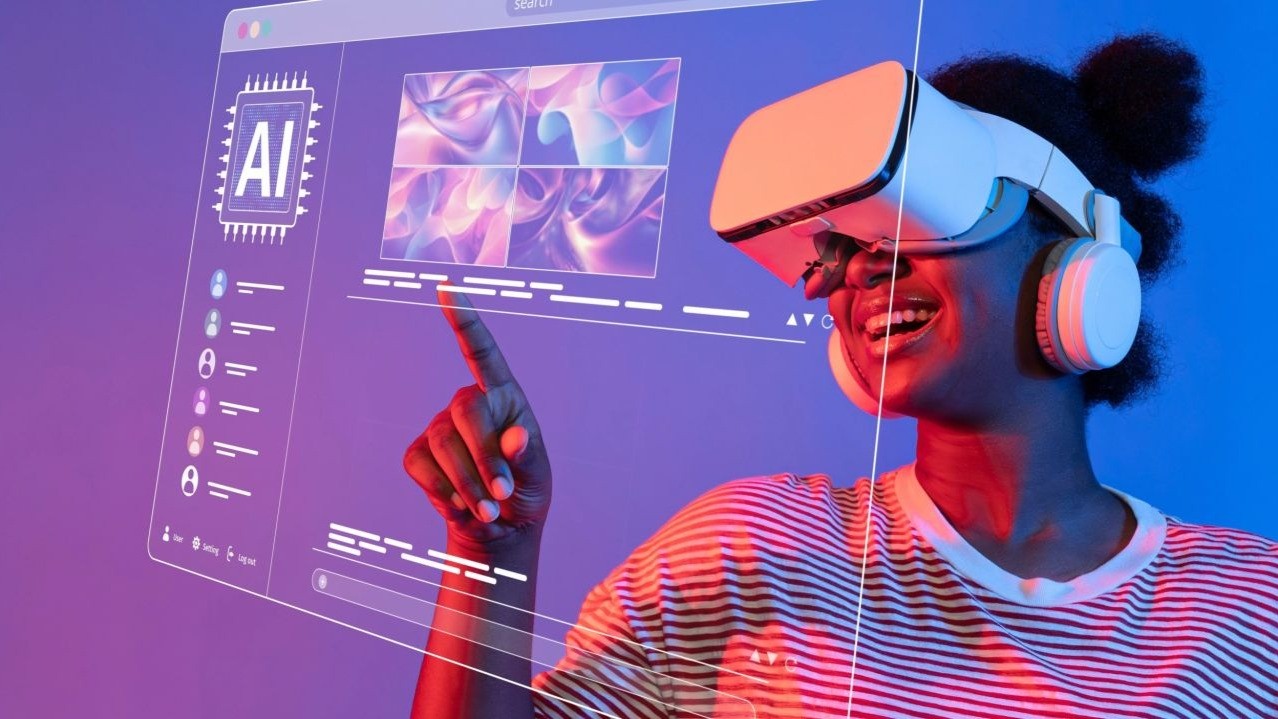The 4 Top Artificial Intelligence Trends For 2021
2 July 2021
Before the global pandemic struck in 2020 and the world was turned on its head, artificial intelligence (AI), and specifically the branch of AI known as machine learning (ML), were already causing widespread disruption in almost every industry.

The Covid-19 pandemic has impacted many aspects of how we do business, but it hasn’t diminished the impact AI is having on our lives. In fact, it’s become apparent that self-teaching algorithms and smart machines will play a big part in the ongoing fight against this outbreak as well as others we may face in the future.
AI undoubtedly remains a key trend when it comes to picking the technologies that will change how we live, work, and play in the near future. So, here’s an overview of what we can expect during what will be a year of rebuilding our lives as well as rethinking business strategies and priorities.
Smarter Big Data Data Analytics and Insights
During this ongoing pandemic, we’ve seen first-hand the urgent need to quickly analyse and interpret data on the spread of viruses around the world. Governments, global health bodies, academic research centres, and industry have come together to develop new ways that information can be collected, aggregated, and worked with. We’voe become used to seeing the results of this on the news every night, when the latest infection or death rates are given for our own regions.
Technological advancement is the main reason that this pandemic hasn’t (yet) killed as many as, for example, the 1918 Spanish Flu outbreak that claimed up to 50 million lives. From advancement in medical technology and standards of care, to advances in communication technology that enabled outbreaks to be spotted more quickly and lockdowns imposed. Over the next year, AI will be added to the list of technological developments that are enabling us to more effectively deal with pandemics.
The growth in the amount of scientific and medical literature alone is enormous, with more than 28,000 papers published by April this year relating to Covid-19. A dedicated search engine powered by natural language processing (NLP) algorithms has already been made available, so anyone can get AI assistance when investigating this massive dataset.
Work is also ongoing to develop AI solutions to help deal with the huge backlog of other medical issues, such as cancer, where treatment has been affected as resources are diverted to fight Covid-19. Over the next year, we are likely to see the accelerated adoption of AI across many other areas of healthcare, not only related to tackling viruses.
By developing our ability to apply machine learning problem-solving to these massive, real-time global datasets, we will spot outbreaks more easily, track contact between infected people, enable more accurate diagnoses, and, by predicting ways that a virus might evolve in the future, develop more effective and lasting vaccinations.
Automated Detection and Prevention
We have already seen the use of drones in several jurisdictions, including the US, to at least test the possibility that they can be used to monitor whether social distancing guidelines are being followed. More advanced applications are on the horizon – such as drones with the capability of detecting COVID symptoms such as high temperature in individuals within a crowd. These systems use computer vision technology to analyse data captured by cameras on the drones and inform authorities or local administrators of statistics and probabilities around the spread of the virus.
Another related growth area will be the use of facial recognition technology, also powered by computer vision algorithms. Somewhat more controversial as it focuses on the identification of individuals, rather than patterns among groups of people, facial recognition has been used by police to detect lockdown and quarantine-avoiders, as well as to track the movements of individuals displaying symptoms within a crowd.
The evidence seems to suggest that the public has become more tolerant of surveillance tactics that would previously have been considered overly draconian, due to the health risks posed by the virus. This tolerance is likely to be further tested over the coming 18 months as technologists become more adept at AI-driven surveillance and even enforcement.
Business on the rebound – predicting behavioural transformation
The way we live, work, and socialise has been hugely impacted by the spread of Covid-19. While there has been a steady, strong trend towards digital in many aspects of society, this year, we’voe witnessed a stampede. Amazon’s sales during the second quarter of 2020 were up 40% on the same period last year, as even those who have so far shunned online retail were forced to re-assess their options.
AI tools and platforms are already in place to help businesses understand the way their customers are adapting to a new reality. Organisations that were previously lagging in their uptake of digital channels for commerce and relationship nurturing have come to understand the urgency of the situation and are quickly getting to grips with concepts such as behavioural analytics and personalisation. Tools providing organisations with self-service access to this technology will become increasingly prevalent throughout 2021, as small and medium-sized enterprises are seeking to establish their competitive edge.
Shutting down the next pandemic before it even starts
Most AI algorithms are geared towards prediction, and the holy grail of AI-assisted epidemiology will be to build systems that can accurately predict when and where future outbreaks will take place. This research has been ongoing for some time, and in fact, some of the earliest alerts about the current outbreak were generated by AI. Toronto-based BlueDot’s tool was already scanning 100,000 governmental and media data sources daily when it issued an alert about a potential outbreak in Wuhan, China, on December 31, 2019.
We can expect AI research to yield further breakthroughs over the coming 18 months that will increase our ability to spot and react to the danger of viral outbreaks. For this to happen, though, it will also require ongoing global cooperation between governments and private industry. How this plays out will most likely be affected by global politics and legislators, as well as the course of technological development. For this reason, issues such as access to medical datasets and barriers to the international exchange of information will also be hot topics over the coming year.
Related Articles
AI Agents Lead The 8 Tech Trends Transforming Enterprise In 2026
By now, “smart” versions exist of just about every home appliance, gadget and gizmos we can think of. However, manufacturers continue[...]
The 8 Data Trends That Will Define 2026
By now, “smart” versions exist of just about every home appliance, gadget and gizmos we can think of. However, manufacturers continue[...]
7 Quantum Computing Trends That Will Shape Every Industry In 2026
By now, “smart” versions exist of just about every home appliance, gadget and gizmos we can think of. However, manufacturers continue[...]
The Next Giant Leap For AI Is Called World Models
By now, “smart” versions exist of just about every home appliance, gadget and gizmos we can think of. However, manufacturers continue[...]
7 Revolutionary Space Tech Trends That Will Transform Life On Earth In 2026
By now, “smart” versions exist of just about every home appliance, gadget and gizmos we can think of. However, manufacturers continue[...]
4 Tech Trends That Will Shape 2026 And The Breakthroughs Powering Them
By now, “smart” versions exist of just about every home appliance, gadget and gizmos we can think of. However, manufacturers continue[...]
Sign up to Stay in Touch!
Bernard Marr is a world-renowned futurist, influencer and thought leader in the fields of business and technology, with a passion for using technology for the good of humanity.
He is a best-selling author of over 20 books, writes a regular column for Forbes and advises and coaches many of the world’s best-known organisations.
He has a combined following of 4 million people across his social media channels and newsletters and was ranked by LinkedIn as one of the top 5 business influencers in the world.
Bernard’s latest book is ‘Generative AI in Practice’.










Social Media